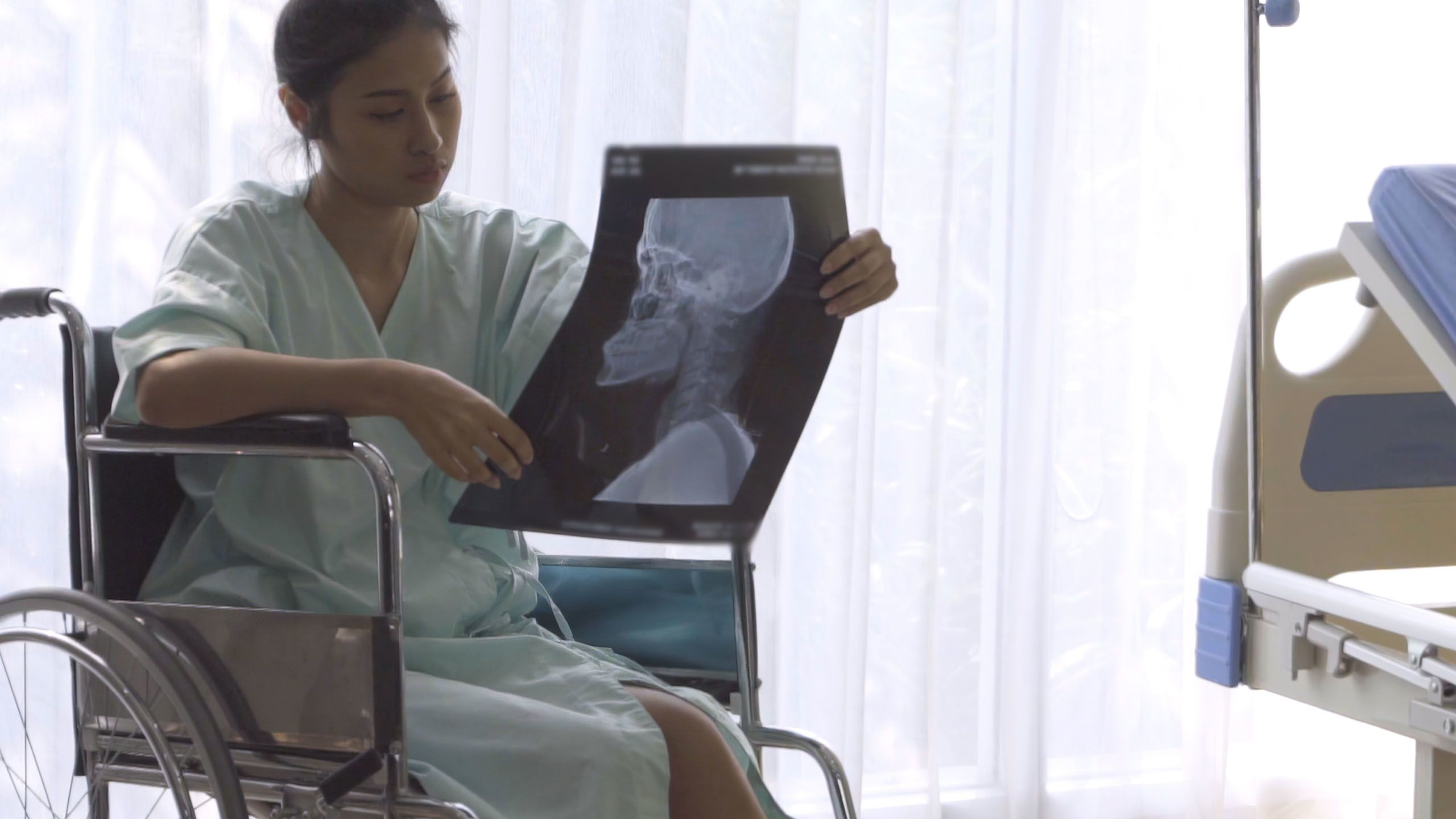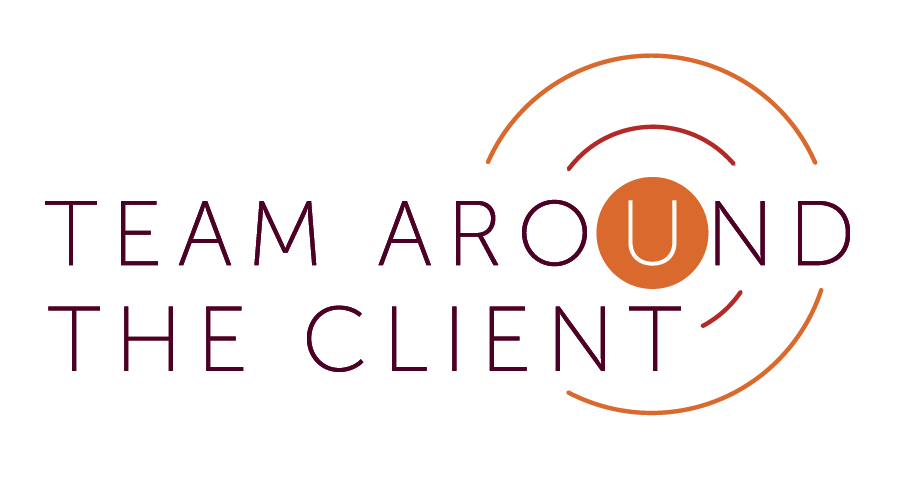Your compensation
BABICM Conference - 'Down but not out, the fighter still remains'


The Annual British Association of Brain Injury Case Managers (BABICM) conference held in June this year, has a headline of ‘Down But Not Out: The Fighter Still Remains’. A topic particularly reflective of the world in which we currently inhabit.
BABICM was founded in 1996 with a focus on establishing the specialist role of a brain injury case manager, enabling members to share ideas and to build a professional standard that, reflected in its members, ensures clients receive specialist expert support from their case managers.
Beginning with the remit of a case manager to be ‘responsible for overseeing and managing the overall care of the person with a brain injury’, case managers are tasked with building a viable care and therapy package that not only meets the complex needs of a client with an acquired brain injury (ABI), but really works for the individual. A case manager therefore requires specialist knowledge of severe brain injuries, and the complex needs that often occur as a result, as well as an understanding of all the various therapeutic options and equipment available to their clients.
"case managers are tasked with building a viable care and therapy package that not only meets the complex needs of a client with an acquired brain injury (ABI)"
It’s easy to underestimate the pivotal role that a case manager plays in the day-to-day life of a person who has an ABI. Whilst establishing and managing a care and therapy package may seem straightforward on paper, case managers have their clients right at the heart of all they do, so finding the right people and the right setting to ensure their client can do and achieve their very best is paramount. This means the case manager is often the first port of call for clients in every area of their lives; it involves a wide range of work, from supporting clients to achieve goals and dreams, to ensuring their mail is being dealt with.
For me, as a financial deputy managing compensation claims for clients, both adults and children, I am incredibly fortunate to work with some of the fantastic BABICM case managers who have proven their skill set time and time again, and found ways to help support and protect our client’s wellbeing. Case manager’s roles often involve thinking outside the box to achieve the desired outcomes for our clients, and their practical and creative approaches to meet client needs is invaluable.
The professional standards, knowledge and expertise that is the minimum required standard of BABICM case managers, ensures that as a deputy I know my clients will be working with case managers who understand, and have the skills required to deal with, complex brain injuries.
The BABCIM conference this year reflects that standard and the forward-thinking approach of the organisation, in focusing on the impact of brain injuries, especially concussion in sports, as well as the links between brain injuries and offending in young people, and the link with homelessness. As ever, with a line up of expert speakers on all these topics, it is set to be a hugely informative and thought-provoking event.
"attending these conferences is not only an opportunity to see so many of the case managers I work with, and to meet new case managers, but also to expand my own knowledge and understanding of ABIs and the challenges facing my clients."
As a deputy, attending these conferences is not only an opportunity to see so many of the case managers I work with, and to meet new case managers, but also to expand my own knowledge and understanding of ABIs and the challenges facing my clients.
This has never been more paramount than over the past two years throughout the COVID-19 pandemic. As we move into the spring and summer months and see the last of the COVID-19 restrictions being removed, we have an opportunity to reflect and one of the things that is clear, is that the last two years have been a team effort. Central to that has been the role of the case manager.
The challenge for me as a deputy has been to manage the budget whilst facing ever increasing costs, from the provision of PPE, to increased costs of care, initially perhaps because of the closure of schools and day centres but then due to the ever-increasing difficulties in recruiting and retaining staff in the care sector. The case managers I am fortunate to work with have been pivotal in helping manage all the difficulties brought about by the pandemic, and finding the most cost-effective ways to meet client needs.
As we move forward, facing a cost-of-living crisis and the ongoing challenges within the care sector, I count myself lucky to be able to work with individuals and organisations such as BABICM who are pushing forward to achieve the best outcomes for our clients and seeking to expand industry knowledge of ABI and its impact.

Maria Meek is a partner who specialises in Court of Protection and Compensation Protection Trusts. She has extensive experience working with clients who have cerebral palsy, brain and spinal cord injuries as well as those with learning difficulties, mental health issues or dementia.



